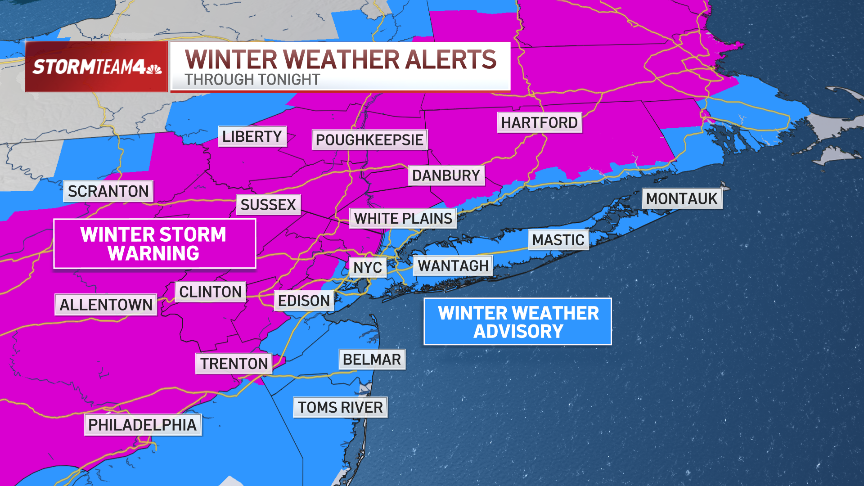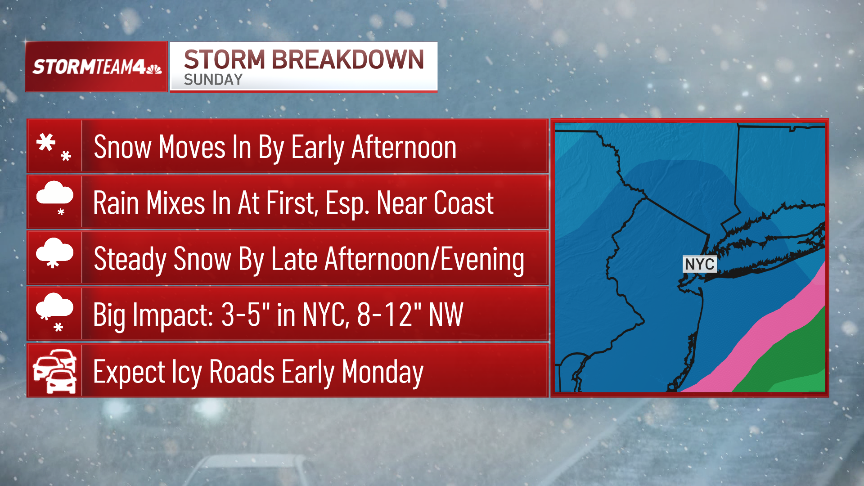The sleep-deprived engineer who nodded off at the controls of a Metro-North train just before taking a 30 mph curve at 82 mph, causing a derailment in the Bronx in 2013 that killed four people and injured more than 70 others, will not face criminal charges, prosecutors said Thursday.
The decision not to charge engineer William Rockefeller in the deadly crash had been expected.
Bronx District Attorney Robert Johnson made the decision weeks ago, his office said. The office had no comment on the delay in announcing his final decision.
Rockefeller's sleepiness was due to a combination of an undiagnosed disorder — sleep apnea — and a drastic shift in his work schedule, the National Transportation Board determined. The agency said the railroad lacked a policy to screen engineers for sleep disorders, which contributed to the Dec. 1, 2013 crash. According to the NTSB, had a system been in place to automatically apply the brakes when an engineer nods off, the crash would have been avoided.
The acting head of the NTSB at the time the report came out called the deaths and injuries "preventable," and politicians, including Sen. Richard Blumenthal, the Democrat from Connecticut, slammed the MTA, which runs Metro-North, and said it had "blood on its hands."
Reached by phone Thursday, Rockefeller's attorney, Jeffrey Chartier, said he hadn't been notified about the decision not to file charges against his client. In response to NBC 4 New York's report, he commended the district attorney's office for the "thoroughness of their investigation and for coming to the same conclusion as the NTSB that there's no criminality on the part of Mr. Rockefeller."
"I'm sure this will bring some closure to Mr. Rockefeller and others affected by this tragedy," Chartier said.
Meanwhile, authorities continue to investigate the circumstances surrounding this week's deadly Amtrak derailment in Philadelphia. Eight people, including six with ties to New York and New Jersey, were killed in the crash, and more than 200 others were hurt. The NTSB has said the train was going at more than 100 mph around a 50-mph curve when it derailed Tuesday night.
Local
The engineer's lawyer says his client has "absolutely no recollection" of the crash.



